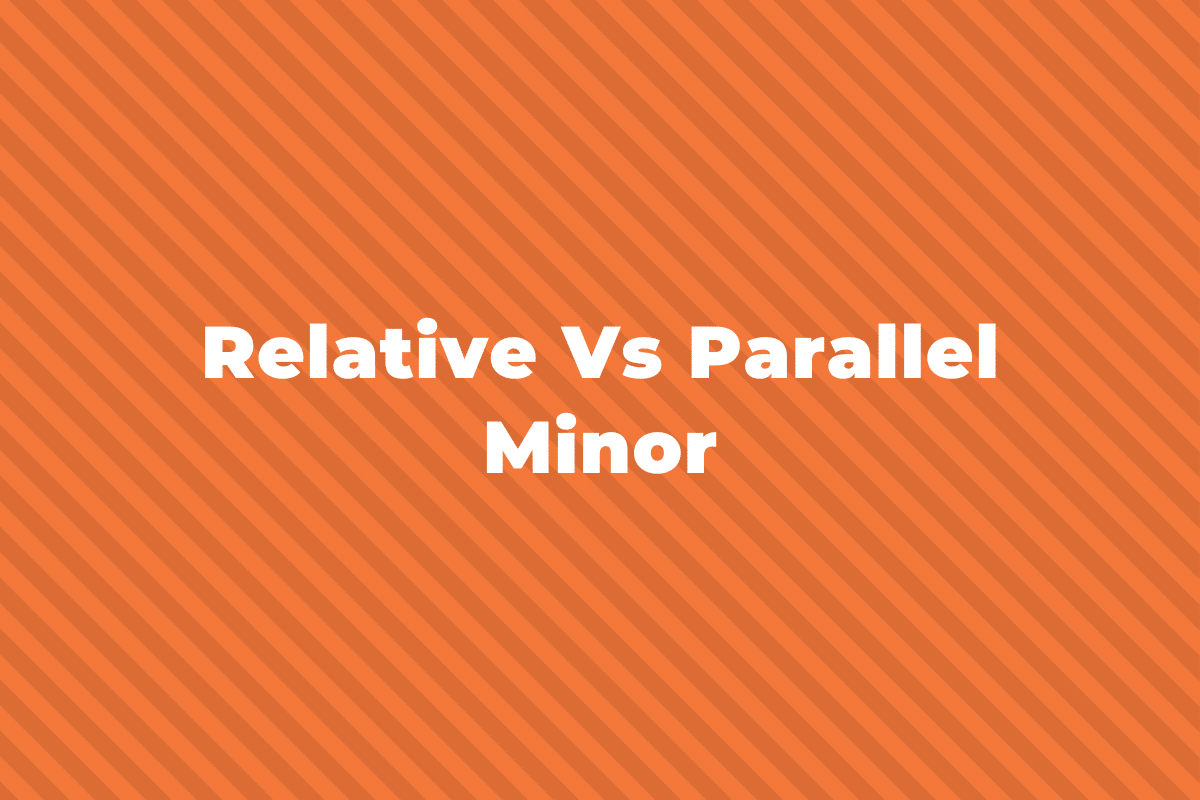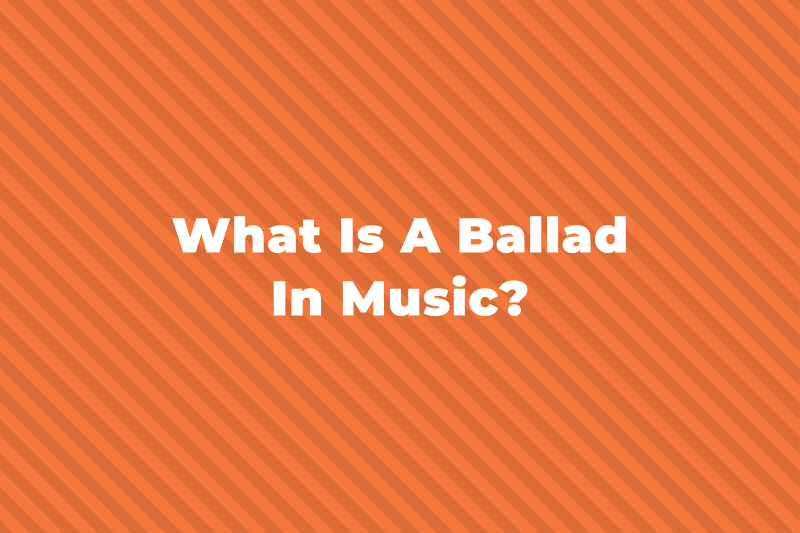Minor scales have a dark and mysterious sound that is used to create tension and emotion in music. They’re essential scales to learn for composers and musicians, but they can be a bit confusing as there are three different types.
In this post, we’re going to be exploring the natural, melodic, and harmonic forms of C-Sharp minor scale. So, if you’re ready to dive into the key of C-Sharp minor, let’s get started!
C-Sharp Natural Minor Scale
The first form of C-Sharp minor that we will look at is the natural minor scale.
It’s made up of seven notes starting on C-Sharp (which is known as the keynote). It then follows the natural minor scale formula of whole and half steps.
This gives us the notes: C# D# E F# G# A B
C-Sharp Natural Minor Scale in the Treble Clef
Here are all the notes of C-Sharp natural minor scale in the treble clef, ascending and descending.


C-Sharp Natural Minor Scale in the Bass Clef
Next up, we have C-Sharp natural minor scale in the bass clef, ascending and descending.


C-Sharp Natural Minor Scale in the Alto Clef
The least common of all the clefs, here we have C-Sharp natural minor scale in the Alto clef, ascending and descending.


C-Sharp Natural Minor Scale in the Tenor Clef
And finally, here are all the notes of C-Sharp natural minor scale in the tenor clef, ascending and descending.


Natural Minor Scale Formula
The natural minor scale, like every other type of scale, is constructed by using a certain combination of intervals between each note.
The formula, using whole steps and half steps, is:
Whole step, half step, whole step, whole step, half step, whole step, whole step.
This is abbreviated to W W H W W W H.

Using the British terminology of tones and semitones, this would be:
Tone, semitone, tone, tone, semitone, tone, tone.
Which gets abbreviated to T S T T S T T.

C-Sharp Harmonic Minor Scale
The next form of C-Sharp minor scale we’ll look at is the C-Sharp harmonic minor which is slightly different from the natural minor in that it has a raised 7th note.
So, the notes in C-Sharp harmonic minor are: C# D# E F# G# A B#
Notice that the seventh note is raised from a B to B#.
C-Sharp Harmonic Minor Scale in the Treble Clef
First, let’s look at C-Sharp harmonic minor scale in the treble clef, ascending and descending.


C-Sharp Harmonic Minor Scale in the Bass Clef
Next, we have C-Sharp harmonic minor ascending and descending in the bass clef.


C-Sharp Harmonic Minor Scale in the Alto Clef
The least common of all the clefs, here we have C-Sharp harmonic minor ascending and descending in the alto clef.


C-Sharp Harmonic Minor Scale in the Tenor Clef
And now we have C-Sharp harmonic minor in the tenor clef, ascending and descending.


Hamonic Minor Scale Formula
The natural minor scale, like every other type of scale, is constructed by using a certain combination of intervals between each note.
The formula, using whole steps and half steps, is:
Whole step, half step, whole step, whole step, half step, whole and a half step, half step.
This is abbreviated to W H W W H WH H.

Using the British terminology of tones and semitones, this would be:
Tone, semitone, tone, tone, semitone, tone and a semitone, semitone.
Which gets abbreviated to T S T T S TS S.

C-Sharp Melodic Minor Scale
And the last type of minor scale we’ll look at is C-Sharp melodic minor scale. This one is a bit different from the others, though.
When it’s ascending, it’s different from the natural in that its 6th and 7th notes are raised.
This gives us the notes: C# D# E F# G# A# B#
But, when descending, the 6th and 7th notes are flattened.
This means that it’s the same as the natural minor scale when descending, giving us the notes: B A G# F# E D# C#
C-Sharp Melodic Minor Scale in the Treble Clef
Let’s take a look at C-Sharp melodic minor scale in the treble clef, ascending and descending.


C-Sharp Melodic Minor Scale in the Bass Clef
Next up, let’s take a look at C-Sharp melodic minor scale ascending and descending in the bass clef.


C-Sharp Melodic Minor Scale in the Alto Clef
Now we have C-Sharp melodic minor scale in the alto clef, ascending and descending.


C-Sharp Melodic Minor Scale in the Tenor Clef
And here’s C-Sharp melodic minor scale in the tenor clef, ascending and descending.


What is the Key Signature of C-Sharp Minor?
To make playing in a certain key easier for the musician to read, we can use a key signature.
This helps us know to play certain notes sharp or flat without having to read an accidental each time.
C-Sharp minor has the same key signature as E major, which has four sharps in its key signature: F#, C#, G# and D#
Here’s the key signature for C-Sharp minor in the treble, alto, tenor, and bass clefs.

What is the Relative Major Scale of C-Sharp Minor?
Every minor scale has a relative major scale, and every major one has a relative minor one. But what is the relative major scale of C-Sharp minor?
The relative major scale of C-Sharp minor is E major.
Here is E major scale, which uses all the same notes as C-Sharp natural minor but starts on E, which is its keynote: E F# G# A B C# D#


But how do we know that E major is the relative major scale of C-Sharp minor?
Well, to work out the relative major key of a minor one, all we have to do is go up three half steps (semitones).
So from C-Sharp, we go up one half step to D, a second half step to D#, and a third half step to E: C# > D > D# > E
To learn more about the relative major of C-Sharp minor, see our guide to E major scale here.
Conclusion
That’s it for our guide to the scale of C-Sharp minor! We hope it helped make a bit more sense of everything.
Feel free to use this post as a reference and let us know if you have any other questions.



